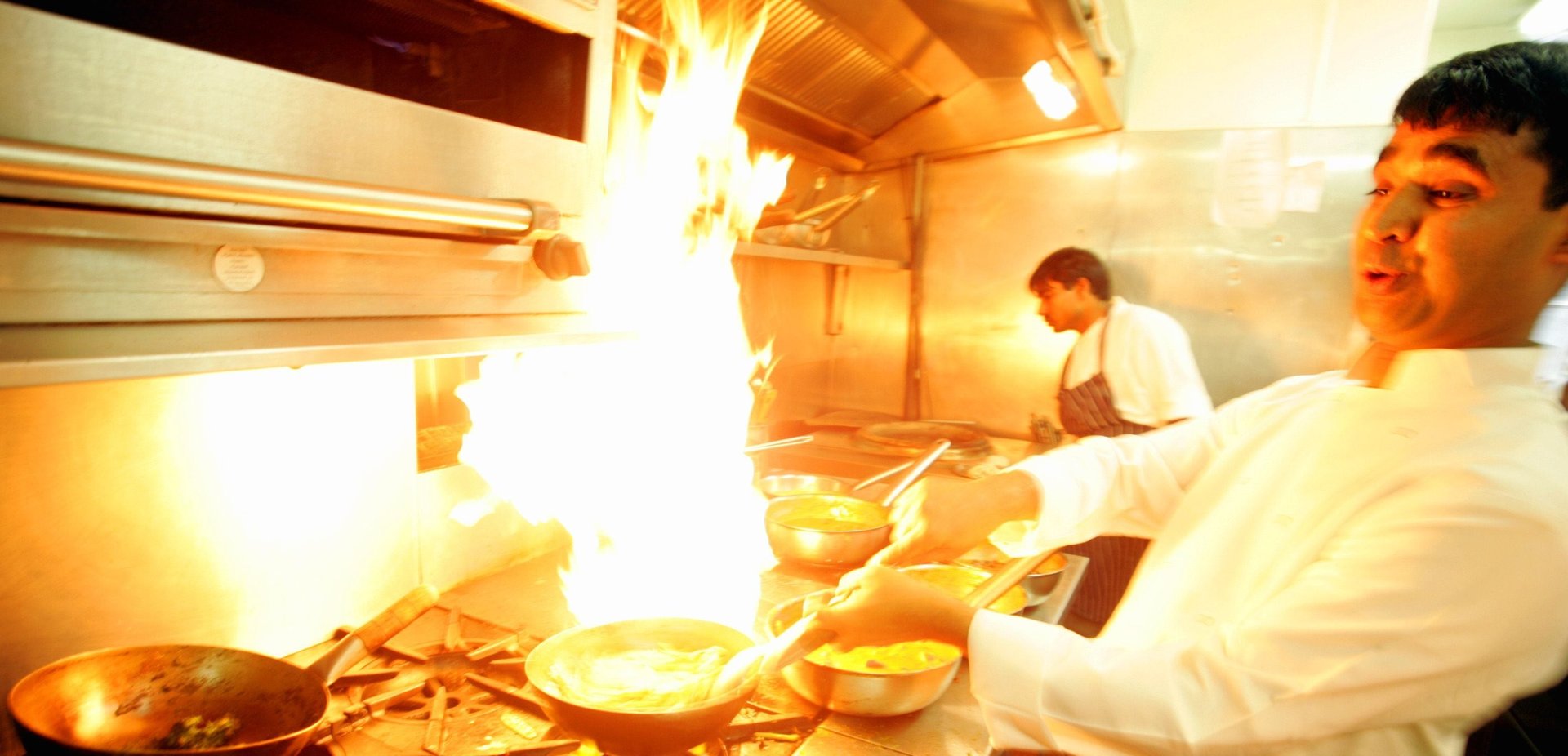Foodpanda has bet on a dead startup to revive Ola’s food-delivery dream
India’s largest homegrown mobility firm is betting on a dead company to strengthen its food-delivery business.


India’s largest homegrown mobility firm is betting on a dead company to strengthen its food-delivery business.
Bengaluru-based cab-hailing firm Ola’s subsidiary, Foodpanda, announced on Oct. 16 that it had acquired Mumbai-based cloud kitchen firm Holachef for an undisclosed amount.
Unlike a food-delivery firm which only picks up and drops off packages from restaurants for a nominal charge, a cloud kitchen company prepares, packages, and delivers food based on online or mobile orders—all without running its own restaurant.
Founded in 2014, Holachef had raised $9.6 million (Rs71 crore) from investors like billionaire Ratan Tata, Kalaari Capital, and India Quotient, and operated in Mumbai and Pune. However, it shut shop in April after it failed to scale up and raise more funds.
But Ola has smelled an opportunity in this failed venture to get a toe-hold in the segment. “A cloud kitchen model attracts margins as high as 35%, while a pure-play food-tech business has lower ticket size and higher customer acquisition cost, along with other operational costs,” said Satish Meena, senior forecast analyst at Forrester Research.
The cloud kitchen market has 50 million target users in India with the potential market in the range of $45-50 billion, according to Pratik Parijat, a senior consultant at management consulting firm Zinnov. The overall potential market in the entire food-ordering space is at about $100 billion.
Why Hola?
Given that Foodpanda is Ola’s second attempt at food tech, the cab aggregator is going all out to ensure it’s success. Ola’s earlier food delivery venture, Ola Cafe, shut in 2016.
Currently, Foodpanda lags behind its peers. Zomato and Swiggy both claim to service at least 20 million deliveries a month each, while Foodpanda is estimated to process about 12 million, according to analysts.
In the financial year ending March 2017, Zomato and Swiggy posted revenues of Rs332 crore and Rs133 crore, respectively, according to regulatory filings accessed via startup data platform Tracxn. Foodpanda stood at a distant third with just Rs62 crore in revenue during the same period.
Now, Holachef could help Foodpanda bridge that gap.
“We aim to build India’s largest cloud kitchen network that will be a major step in further elevating the food experience for our customers,” said Pranay Jivrajka, CEO of Foodpanda. Following the acquisition, all of Holachef’s estimated 67 employees will join Foodpanda, including the company’s founders Anil Gelra, Gaurav Srivastava, and Saurabh Saxena.
Some of the other leading cloud-based kitchens in India are FreshMenu, Box8, and Faasos. While Swiggy and Zomato have also ventured into the segment, they haven’t made much headway so far.
Watching the competition
Zomato launched cloud kitchen operations under Zomato Infrastructure Services in 2017, with a target to have 100 locations by end of 2018. However, the vertical did not scale beyond its pilot in Delhi.
The company then switched to a partnership model, where Zomato invested in Bengaluru-based Loyal Hospitality earlier this year to expand its cloud kitchen operations. The company has subsequently wound down its own cloud kitchen to leverage the over 200 kitchens it accesses through Loyal Hospitality. The company has also set an ambitious target of setting up 8,000-10,000 more kitchens across India, which will also include extended kitchens of existing restaurants to areas that are not serviced currently.
On the other hand, Swiggy, which launched its cloud kitchen offering Swiggy Access in November last year, has brought over 35 restaurants to new pin codes and is targeting to bring 300 new restaurant partners onboard. Swiggy wants its cloud kitchen to contribute at least 20% to overall revenue in the next two years
“The ratio of supply to meet the addressable demand in the food-delivery space is low. The marketplaces are looking at ways to bridge the gap,” Meena said. “Cloud kitchen is a good way to do that. Swiggy (and) Zomato are also helping existing restaurant brands expand with satellite kitchens, basically to increase the supply side.”
The flip side
Despite offering high margins, cloud kitchen is a hard model to crack. The sector has seen several casualties like Twigly and Yumist besides Holachef itself.
For food delivery companies like Foodpanda who want to diversify into cloud kitchens, the struggle might be even harder.
“These marketplaces are not designed to be a frill-less virtual kitchen,” said Sanchit Vir Gogia, founder and CEO at Greyhound Research. “Zomato, for example, was a pure information app. Managing the whole supply chain and the costs involved in it is not an easy task. The companies will have to invest much more and innovate much more to actually benefit from the high margin cloud kitchen model.”